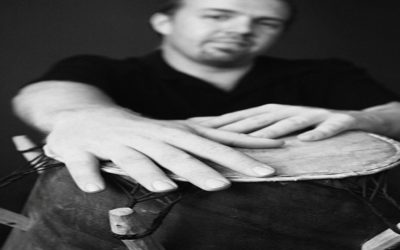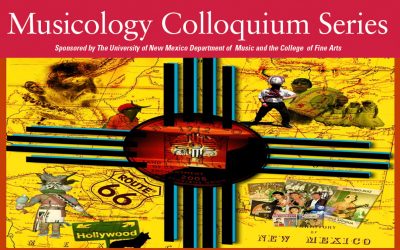Dr. Kristina Jacobsen wins award for an article
The article ‘Don’t Even Talk to Me if You’re Kinya’áanii [Towering House]’: Adopted Clans, Kinship, and ‘Blood’ in Navajo Country” was awarded “the most thought-provoking article in Native American and Indigenous Studies of 2019” by the Native American and Indigenous Studies Association.
“Kristina Jacobsen’s and Shirley Ann Bowman’s article offers an insightful view on the dynamic formation of the Diné/Navajo kinship system (k’é) through the practices of adopting and incorporating in clan formation in the late-nineteenth and early-twentieth centuries, with some glances at the omnipresence of this history in present times. Moreover, this study throws light on how adoption became the terrain for multiform racial, cultural, and geographical crossings in Navajo Nation-building and permanence; as well as on the extent settler-colonial policies on citizenship and “ancestry” historically disrupted this extraordinarily dynamic clan formation process. As a publication authored by a non-Indigenous and a Diné scholar, this article is a sample of collaborative practice and reciprocity, materialized in a well-grounded ethnographic, archival, linguistic, and cultural research. In our view, this study suggests important ways to historically reflect on questions of tribal enrollment, citizenship, identity, belonging, incorporation, and movement of peoples in American Indian life.” ~NAISA Prize Committee, 2019
Percussion Guest Artist Series presents Dr. Michael Vercelli
Dr. Michael B. Vercelli is the director of the World Music Performance Center at West Virginia University. Michael holds a Doctor of Musical Arts degree in Percussion Performance with a minor in Ethnomusicology from the University of Arizona.
Musicology Colloquium Series presents Dr. Peter J. García
This presentation examines New Mexico folk music collected by John Donald Robb and studied by Mexican musicologist Vicente T. Mendoza. These collections include folk melodies from the maternal side of García’s family.
Sigma Project Sax Quartet
Music from the Americas presents Spanish Sigma Project Sax Quartet, one of the leading ensembles of the European Contemporary new music scene.
Formed by Andrés Gomis, Josetxo Silgero, Ángel Soria and Alberto Chaves.



